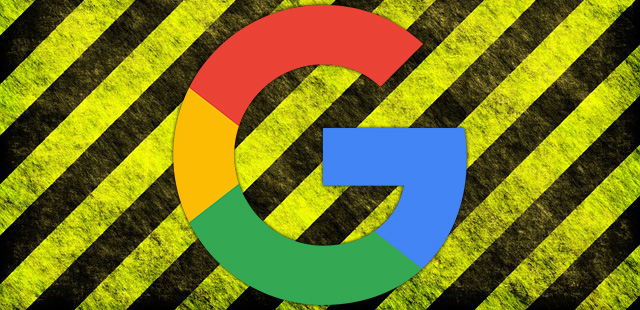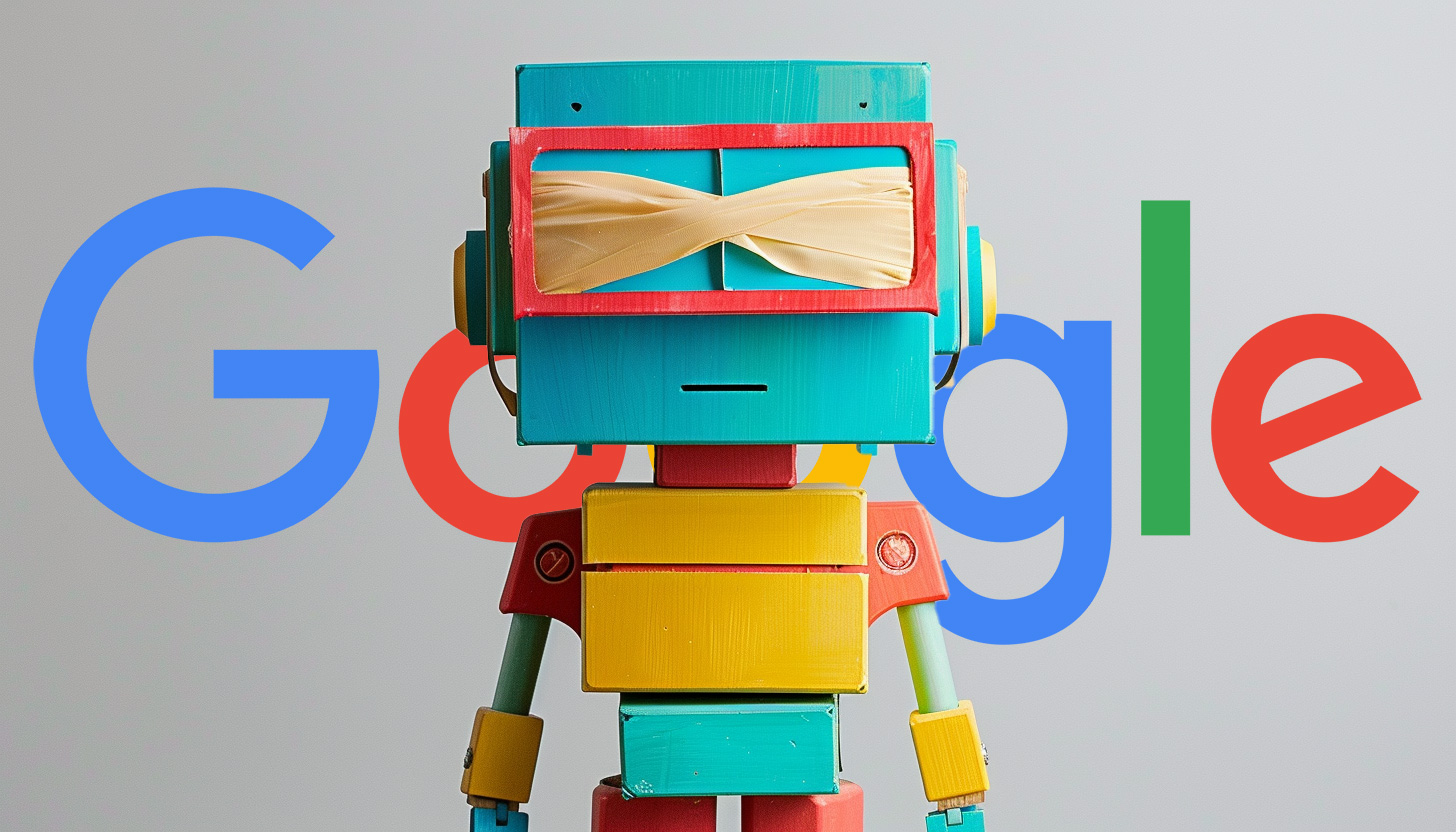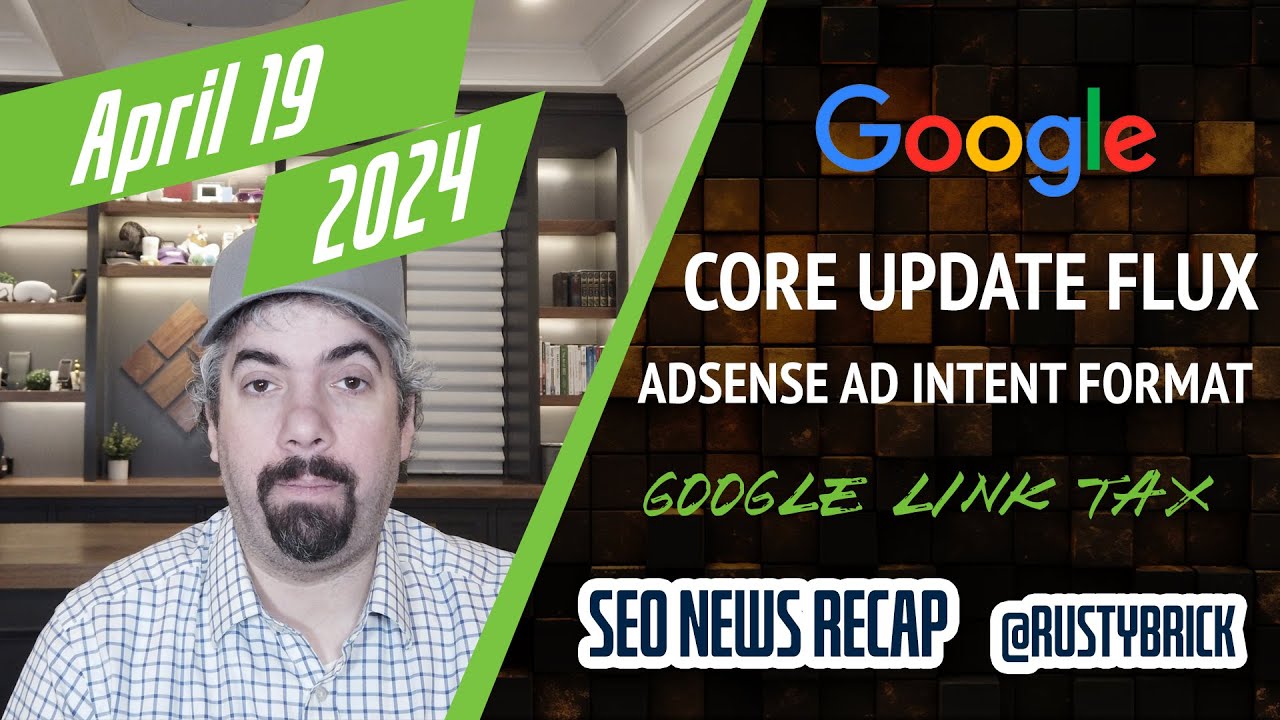SEARCHENGINES
E-A-T – Google Adds Experience To Revised Search Quality Raters Guidelines

The Google search quality raters guidelines were updated and updated in a big way, with a new E added on to E-A-T. Google is adding experience on top of expertise, authoritativeness, and trustworthiness. Google said that trust is the most important of all four elements here.
Adding an E, led to the document getting 9-pages bigger, the PDF document is now 176-page PDF from 167-page PDF in July 2022, from 172 pages in 2021 and 175 pages in 2020.
What Changed In The Document
Here is what changed, mostly based on the final page of the revised PDF that documents the changes:
- Double-E-A-T – adding the experience topics to the PDF is the big one (more on “experience” below).
- Google also “broadly refreshed concepts and rating criteria in “Part 1: Page Quality Guideline” to be more explicitly applicable to all types of websites and content creation models.
- Clarified guidance on “Finding Who is Responsible for the Website and Who Created the Content on the Page” for different webpage types.
- Added summary table with the top “Page Quality Considerations” involved in PQ (Page Quality) rating, which carry through to each PQ rating section (Lowest to Highest)
- Refined/expanded guidance on the following core pillars of Page Quality Rating:
- Main Content Quality
- Reputation for Websites and Content Creators
- Experience, Expertise, Authoritativeness, and Trust (E-E-A-T)
- Reordered PQ rating sections from Lowest to Highest; streamlined transitions
between these sections; de-duped existing guidance and examples as appropriate - Added more guidance and clarifications to sections: “Pages with Error Messages
or No MC”, “Forums and Q&A Pages”, and “Page Quality Rating FAQs.” - Reformatted lists of concepts and examples into tables (throughout/as appropriate)
- Minor changes throughout (updated language, examples, and explanations for
consistency across sections; removed outdated examples; fixed typos; etc.)
Previous Quality Rater Guidelines
Here are the previous versions, compared to the live version:
More On Experience in E-E-A-T
As I covered on Search Engine Land yesterday, Google said experience adds another level of quality to assess its search results. What is Google looking for with experience? Google said when you write the content, does that “content also demonstrate that it was produced with some degree of experience, such as with actual use of a product, having actually visited a place or communicating what a person experienced?” Google explained that there are “some situations where really what you value most is content produced by someone who has first-hand, life experience on the topic at hand.”
Google shared this example, “if you’re looking for information on how to correctly fill out your tax returns, that’s probably a situation where you want to see content produced by an expert in the field of accounting. But if you’re looking for reviews of a tax preparation software, you might be looking for a different kind of information—maybe it’s a forum discussion from people who have experience with different services.”
Google said in the updated guidelines that Experience, Expertise and Authoritativeness are important concepts that can support your assessment of trust, with trust being the most important member of E-E-A-T. Google said, “trust is the most important member of the E-E-A-T family because untrustworthy pages have low E-E-A-T no matter how Experienced, Expert, or Authoritative they may seem.”
But how does “experience” differ from “expertise?” Google said, “pages that share first-hand life experience on clear YMYL topics may be considered to have high E-E-A-T as long as the content is trustworthy, safe, and consistent with well-established expert consensus. In contrast, some types of YMYL information and advice must come from experts.”
“Pages on YMYL topics can be created for a wide variety of different purposes,” Google wrote. “If the purpose of a page on a clear YMYL topic is to give information or offer advice, a high level of expertise may be required for the page to be trustworthy. However, sometimes pages on YMYL topics are created to share personal experiences, often regarding difficult life challenges. People turn to each other in times of need to share their own experience, seek comfort or inspiration, and learn from others. Factual information from experts and authoritative sources may not satisfy this need,” Google explained.
Here is the diagram Google created to illustrate this on page 26 of the PDF:
Change Log
Here is the changelog of sorts from Google (click to enlarge):
Lily Ray did a much deeper dive in her story at Search Engine Land.
Forum discussion at Twitter.
Source: www.seroundtable.com
SEARCHENGINES
Google Again Says Ignore Link Spam Especially To 404 Pages

I am not sure how many times Google has said that you do not need to disavow spammy links, that you can ignore link spam attacks and that links pointing to pages that 404/410 are links that do not count – but John Mueller from Google said it again.
In a thread on X, John Mueller from Google wrote, “if the links are going to URLs that 404 on your site, they’re already dropped.” “They do nothing,” he added, “If there’s no indexable destination URL, there’s no link.”
John then added, “I’d generally ignore link-spam, and definitely ignore link-spam to 404s.”
Asking if it would hurt to disavow, after responding with the messages above, John wrote:
It will do absolutely nothing. I would take the time to rework a holistic & forward-looking strategy for the site overall instead of working on incremental tweaks (other tweaks might do something, but you probably need real change, not tweaks).
Earlier this year we had tons of SEOs notice spammy links to 404 error pages, John said ignore them. In 2021, Google said links to 404 pages do not count, Google also said that in 2012 and many other times.
Plus, outside of links to 404 pages, Google has said to ignore spammy links, time and time again – even the toxic links – ignore them. The messaging around this changed in 2016 when Penguin 4.0 was released and Google began devaluing links over demoting them.
Here are those new posts in context:
I’d say add both. Lol
— Jeremy Rivera (@JeremyRiveraSEO) April 11, 2024
Sure. But also, save yourself the work completely :-).
— John 🧀 … 🧀 (@JohnMu) April 11, 2024
Re-reading your initial post – if the links are going to URLs that 404 on your site, they’re already dropped. They do nothing. If there’s no indexable destination URL, there’s no link. I’d generally ignore link-spam, and definitely ignore link-spam to 404s.
— John 🧀 … 🧀 (@JohnMu) April 11, 2024
… but still… is this a dumb idea?
— Rebekah Edwards (@rebekah_creates) April 11, 2024
It will do absolutely nothing. I would take the time to rework a holistic & forward-looking strategy for the site overall instead of working on incremental tweaks (other tweaks might do something, but you probably need real change, not tweaks).
— John 🧀 … 🧀 (@JohnMu) April 11, 2024
And in general, Google says it ignores spammy links, so you should too (not new) but this post from John Mueller is:
I would just ignore them, Google ignores them too. Sometimes they’re just more visible in tools, but that doesn’t mean they’re a problem.
— John 🧀 … 🧀 (@JohnMu) April 18, 2024
And then also on Mastodon wrote about a similar situation, “Google has 2 decades of practice of ignoring spammy links. There’s no need to do anything for those links.”
Forum discussion at X.
Note: This was pre-written and scheduled to be posted today, I am currently offline for Passover.
SEARCHENGINES
Google Needs Very Few Links To Rank Pages; Links Are Less Important

Gary Illyes from Google spoke at the SERP Conf on Friday and he said what he said numerous times before, that Google values links a lot less today than it did in the past. He added that Google Search “needs very few links to rank pages.”
Gary reportedly said, “We need very few links to rank pages… Over the years we’ve made links less important.”
I am quoting Patrick Stox who is quoting what he heard Gary say on stage at the event. Here is Patrick’s post where Gary did a rare reply:
I shouldn’t have said that… I definitely shouldn’t have said that
— Gary 鯨理/경리 Illyes (so official, trust me) (@methode) April 19, 2024
Gary said this a year ago, also in 2022 and other times as well. We previously covered that Google said links would likely become even less important in the future. And even Matt Cutts, the former Googler, said something similar about eight years ago and the truth is, links are weighted a lot less than it was eight years ago and that trend continues. A couple of years ago, Google said links are not the most important Google search ranking factor.
Of course, many SEOs think Google lies about this.
Judith Lewis interviewed Gary Illyes at the SERP Conf this past Friday.
SEARCHENGINES
Google Core Update Flux, AdSense Ad Intent, California Link Tax & More

For the original iTunes version, click here.
The Google March 2024 core update is still rolling out, almost 6 weeks now, and we saw two shifts of ranking volatility, both mid-week and the weekend before. Google’s Danny Sullivan went on the defensive on search quality and forum listings in the search results. Google’s site reputation abuse spam policy will be fought both algorithmically and through manual actions. Google responded to The Verge mocking its search rankings over best printer. Google Search Console has a new unused ownership tokens page. Some sites may see the Google Indexing API work for a limited time on unsupported content types. And having two sites won’t result in your sites search ranking decline. BingBot now fully supports Brotli compression and will test Zstd compression soon. Google Search is testing thumbs-up and down buttons for product carousels. Google is testing new sitelinks designs. Google Notes on Search may not go away in May. Google Maps no longer supports draft reviews. Google Maps released a bunch of new maps, directions, travel and EV features. Google Ads Demand Gen campaigns now support AI image generation. Google Ads is testing a similar product carousel. Google Ads reminds advertisers that ad customizers are going away. Google Ads is testing a new horizontal ad card format. Google AdSense has these new ad intent formats. Google AdSense publishers are reporting lower RPM earnings since mid-February. Google threatens to drop links to California news publishers amongst link tax bill. That was the search news this week at the Search Engine Roundtable.
SPONSOR: Wix Studio lets digital marketing agencies get all of the benefits Wix has to offer from best-in-class SEO capabilities to 99% up-time with the added value of an extensive client and team management system baked right into the platform.
Make sure to subscribe to our video feed or subscribe directly on iTunes, Apple Podcasts, Spotify, Google Podcasts or your favorite podcast player to be notified of these updates and download the video in the background. Here is the YouTube version of the feed:
Search Topics of Discussion:
Please do subscribe on YouTube or subscribe via iTunes or on your favorite RSS reader. Don’t forget to comment below with the right answer and good luck!
-

 PPC4 days ago
PPC4 days ago19 Best SEO Tools in 2024 (For Every Use Case)
-

 MARKETING7 days ago
MARKETING7 days agoWill Google Buy HubSpot? | Content Marketing Institute
-
SEARCHENGINES7 days ago
Daily Search Forum Recap: April 16, 2024
-

 SEO7 days ago
SEO7 days agoGoogle Clarifies Vacation Rental Structured Data
-

 MARKETING6 days ago
MARKETING6 days agoStreamlining Processes for Increased Efficiency and Results
-
SEARCHENGINES6 days ago
Daily Search Forum Recap: April 17, 2024
-

 SEO6 days ago
SEO6 days agoAn In-Depth Guide And Best Practices For Mobile SEO
-

 PPC6 days ago
PPC6 days ago97 Marvelous May Content Ideas for Blog Posts, Videos, & More







You must be logged in to post a comment Login